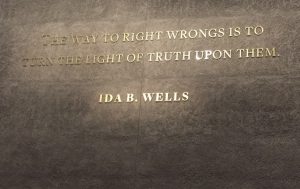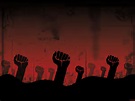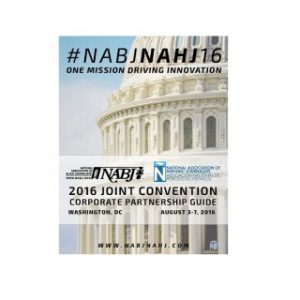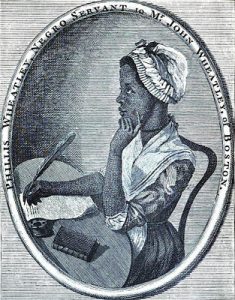
The quote in the photo above from pioneering Black journalist and civil rights advocate Ida B. Wells (1862-1931) is just one of the many quotes featured on the walls and display cases of the soon-to-be opened National Museum of African American History and Culture (NMAAHC) in Washington, DC. More than 100 years in the making, this museum will officially invite visitors to enjoy its treasures starting on Saturday, September 24, 2016. Fittingly, the NMAAHC is located on the National Mall, in the shadow of the Washington Monument and across the street from the Smithsonian’s National Museum of American History.
Through her prolific newspaper articles and opinionated editorials, Ida B. Wells sought to eliminate lynching and racial inequality. She is just one of the many women and men whose stories, accomplishments and/or artifacts are featured in the NMAAHC. In honor of Wells’ legacy and the museum’s historic grand opening weekend, WAMU-FM’s The Big Broadcast radio series will air a half-hour drama about Wells written by another pioneer – African American broadcast dramatist Richard Durham (1917-1984).
Durham’s dramatization of Wells life, titled “Woman With a Mission,” features a professional cast that included Chicago-based actors Oscar Brown Jr., Weslyn Tilden and Fred Pinkard. And it was one of Durham’s favorite scripts.
So mark your calenders. You can hear this fascinating drama, on WAMU’s The Big Broadcast, Sunday, Sept. 25th starting at 7pm. If you live in the Washington DC metropolitan area, tune to 88.5 FM. Or your can listen online from September 25th through October 2nd at http://wamu.org/programs/the_big_broadcast
Enjoy!
 She went on to note that Word Warrior “rightly situates” the late writer/dramatist Richard Durham “within the tradition of black communication and black radio, reaching back to his antecedents who assumed the significant cultural role of the griot-educator-activist.”
She went on to note that Word Warrior “rightly situates” the late writer/dramatist Richard Durham “within the tradition of black communication and black radio, reaching back to his antecedents who assumed the significant cultural role of the griot-educator-activist.”

 African from the Gambia, West Africa in 1770. She was seven or eight years old. Wheatley soon learned how to read and write, and published her first poem at age 12. She went on to publish several poems that made her famous in early 1770s, and by 1775 Wheatley became the first enslaved African in America to publish a book.
African from the Gambia, West Africa in 1770. She was seven or eight years old. Wheatley soon learned how to read and write, and published her first poem at age 12. She went on to publish several poems that made her famous in early 1770s, and by 1775 Wheatley became the first enslaved African in America to publish a book.